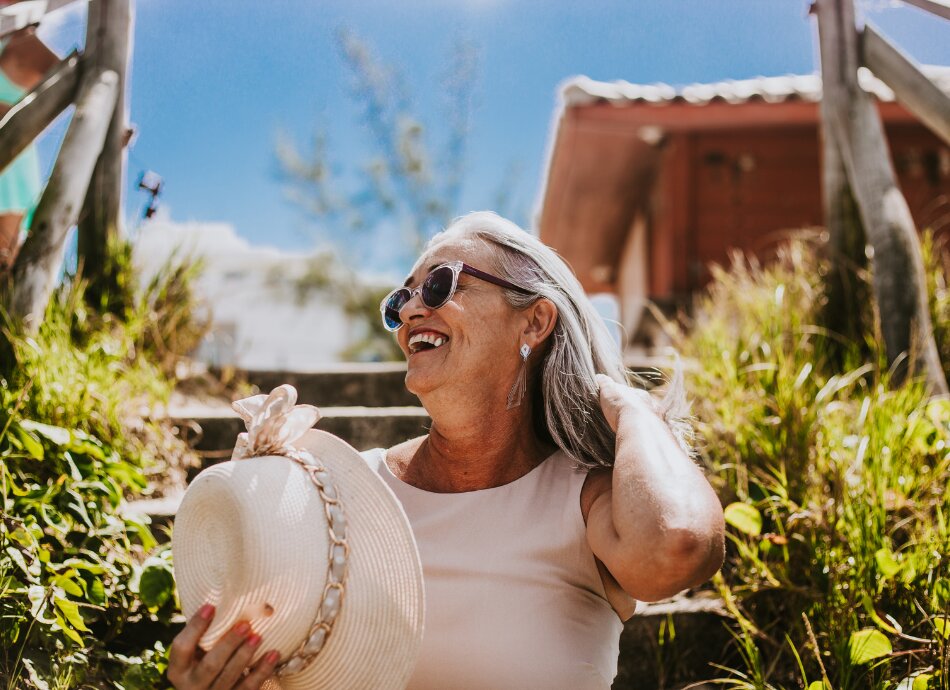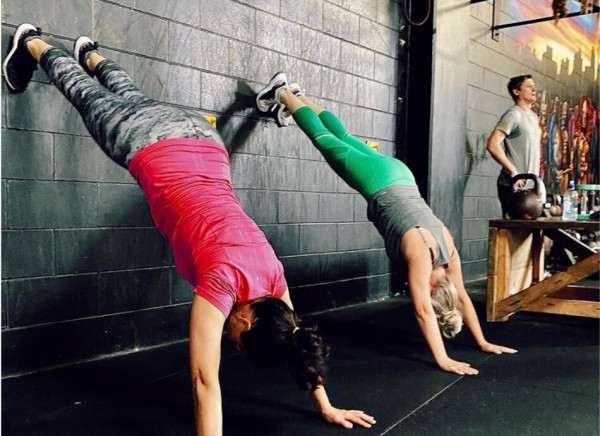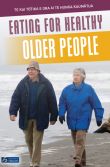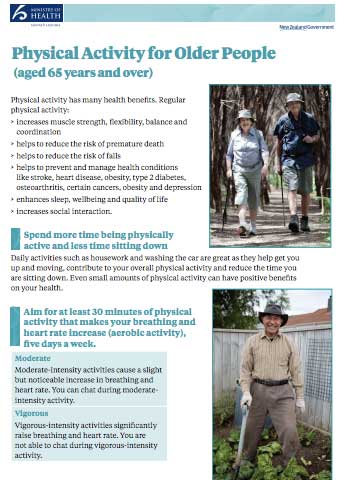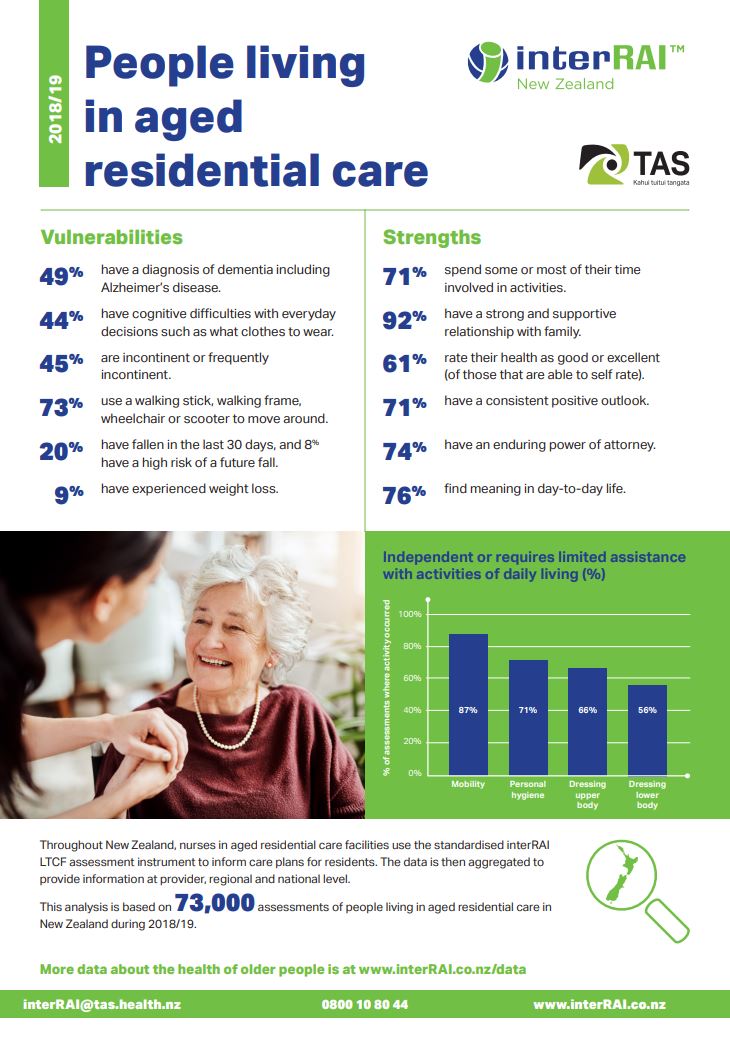As you get older your body changes, having inevitable impacts on different body systems and organs.
According to the Mayo Clinic, here’s what’s happening in various parts of your body as you age, and what you can do to stay fit and healthy for longer. You can read about these changes in greater detail on the Mayo Clinic(external link)(external link) site.


